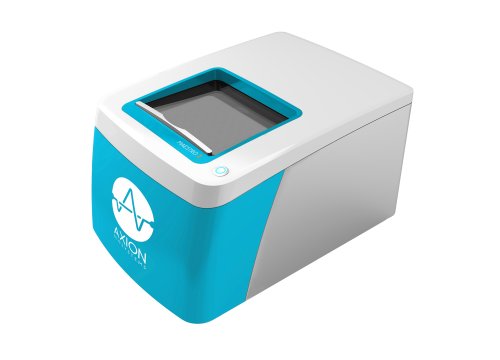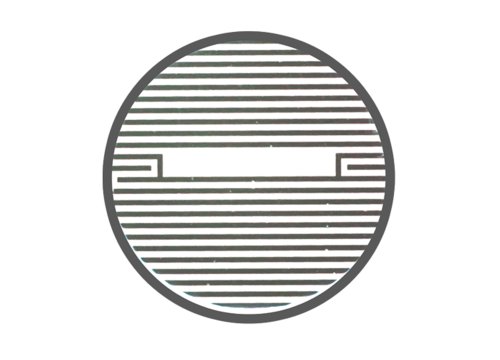Authors: Yin Y, Rodriguez JL, Li N, Thokala R, Nasrallah MP, Hu L, Zhang L, Zhang JV, Logun MT, Kainth D, Haddad L, Zhao Y, Wu T, Johns EX, Long Y, Liang H, Qi J, Zhang X, Binder ZA, Lin Z, O'Rourke DM.
Molecular Therapy, 2022.
Scientists use Axion’s label-free Maestro Z platform to determine the cytotoxicity of a promising cell-based immunotherapy for glioma.
Cellular immunotherapies such as CAR T-cell therapy are transforming the treatment of hematological cancers, but relapse rates in leukemia and lymphoma are significant and efficacy in solid tumors has been limited. Some pre-clinical and clinical research has shown that bispecific T cell engagers (BiTEs)—bispecific antibodies that redirect T cells to target antigen-expressing tumors—may facilitate cancer cell killing in solid tumors, but this approach is not fully understood. In this study, scientists develop T-cell secreting BiTEs directed to tumor-associated epidermal growth factor receptor (EGFR) and interleukin-13 receptor alpha 2 (IL13Ra2) to compare the anti-tumor activity of BiTEs and CAR T cells in a glioblastoma brain tumor model.
To investigate the cytotoxicity of 806BiTE T cells in coculture with astrocytes versus controls in vitro, the scientists used Axion’s noninvasive, label-free Maestro Z platform and found that BiTE T cells minimally responded to astrocytes and had a superior response to glioma cells compared to CAR T cells. Taken together with other findings, the study results demonstrate that BiTEs outperform CARs in the glioblastoma model, with the authors concluding that “BiTEs secreted by mono-or multi-valent T cells have potent anti-tumor activity in vitro and in vivo with significant sensitivity and specificity, demonstrating a promising strategy in solid tumor therapy.”


